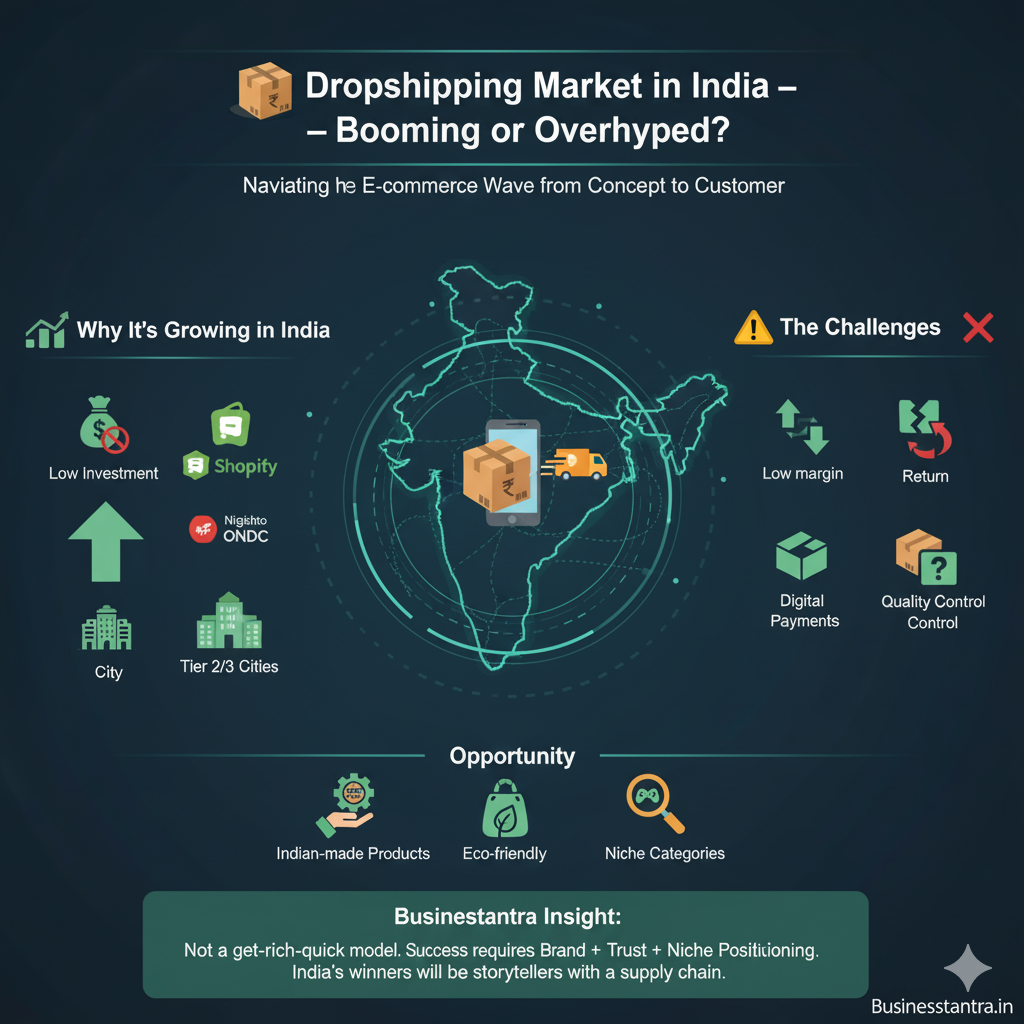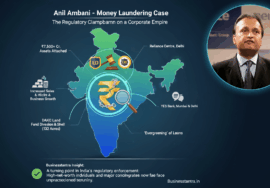The sun is shining in Florida, thanks to a sweeping entrepreneurship agenda
[ad_1]
Prosperity is blooming in the Sunshine State.
First, the state ended the unemployment bonus last May, months ahead of schedule. Shortly after, unemployment costs in the state dropped 86%, and employers hired 1.3 million new workers. Since then, the state has regained 92.1% of the jobs it initially lost in the early days of the pandemic. The Sunshine State isn’t just for retirees and snowbirds — businesses and families are flocking there by the thousands.
Florida was already one of the best places to be an entrepreneur. Having no personal income tax, a low corporate tax rate, and a generally pro-business regulatory environment, it’s the perfect place to start a business and build a bright future.
Florida’s continued trend toward an ever-more-business-friendly climate is effective — the state has seen 20 consecutive months of job growth and 14 consecutive months of labor force increases. When businesses thrive, so do the families who work for them or own them.
And it’s only going to get better, thanks to a series of bills passed in 2021 that remove barriers to work and further encourage the creation of new businesses.
New research from the Foundation for Government Accountability shows how the Florida Legislature’s new reforms will remove these barriers and empower entrepreneurs across the state.
In many places, localities have imposed regulations that severely limit a person’s ability to run a business out of their home. Some of the nation’s most successful companies, such as Disney and Microsoft, started as home-based businesses. By enacting statewide standards for how local governments regulate home-based businesses, Florida is freeing up entrepreneurs to operate from their homes while allowing cities to maintain authority over neighborhood issues.
Lengthy application processes and unnecessary red tape discourage innovation and hurt the economy. While cities such as Dallas have missed out on tax revenue and new home development due to a mounting backlog of building permits, Florida has streamlined its application process and reduced the amount of time it takes to get a permit.
Nationwide, 1 out of 5 workers requires the government’s permission to do his or her job. Licensing laws vary across states and even across localities. They are often duplicative and sometimes even directly conflict with each other. To solve this issue, Florida now prohibits localities from adding additional licensing requirements, allowing entrepreneurs to put that “open for business” sign up in the window sooner rather than later.
Job training programs are not always work-centric. They are often inefficient, forcing job seekers to fill out redundant paperwork and creating administrative problems. Florida is working to ensure job training programs aren’t wasting taxpayer dollars and creating more bureaucracy. To make sure the programs are working, the state will be tracking transitions out of welfare programs based on metrics such as participant completion, job attainment, and wages.
All of these commonsense solutions passed by the legislature will serve Floridians by getting the government out of the way of economic growth, removing barriers to work, and encouraging more Floridians to start businesses in the state. And, just maybe, other states will be inspired to follow Florida’s lead.
With job growth projected to outpace the entire nation, things are going exceedingly well for Florida. Meanwhile, states that aren’t so friendly to entrepreneurs or interested in creating a haven for job creators are struggling. New York City faces a staggering unemployment rate of 9.4%, twice the national average, with little rebound in sight. And as of last fall, before the omicron variant swept through the country, California had only recovered fewer than three-quarters of the jobs lost early in the pandemic.
There is a way out, and Florida is leading the way by enacting policies that give people greater access to the American dream.
Alli Fick is a deputy research director at the Foundation for Government Accountability.
[ad_2]
Source link










